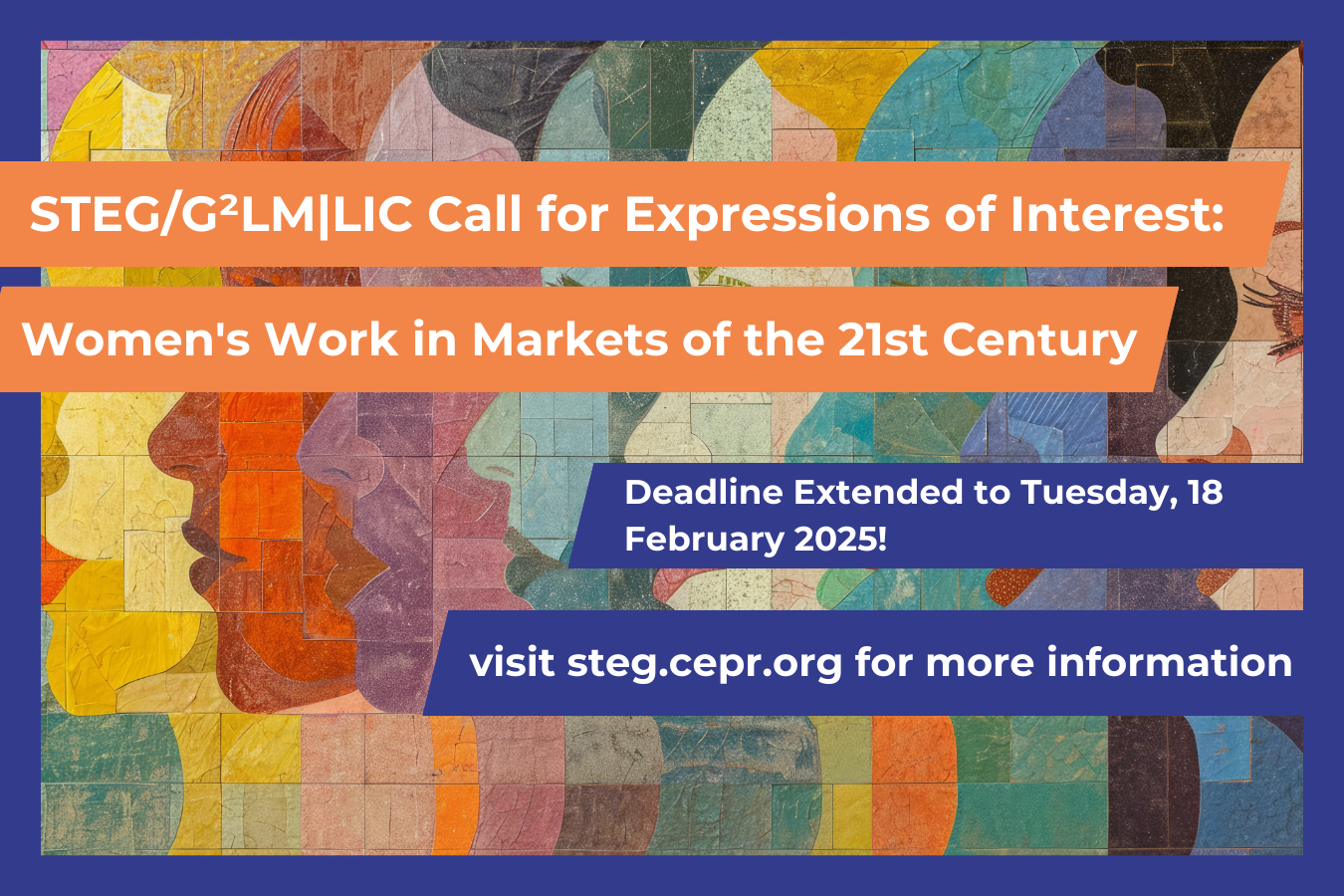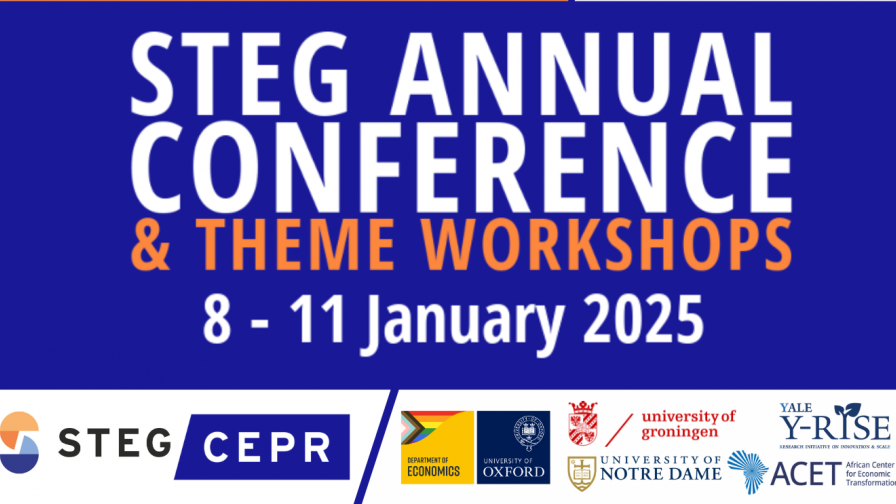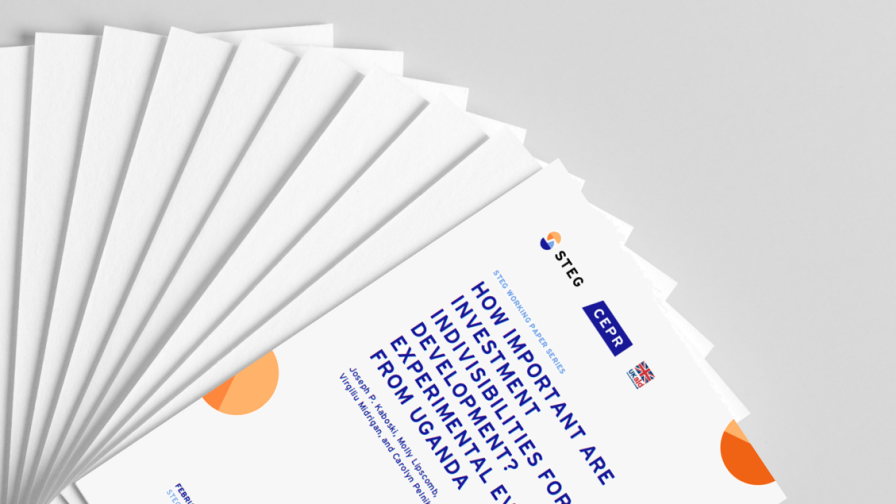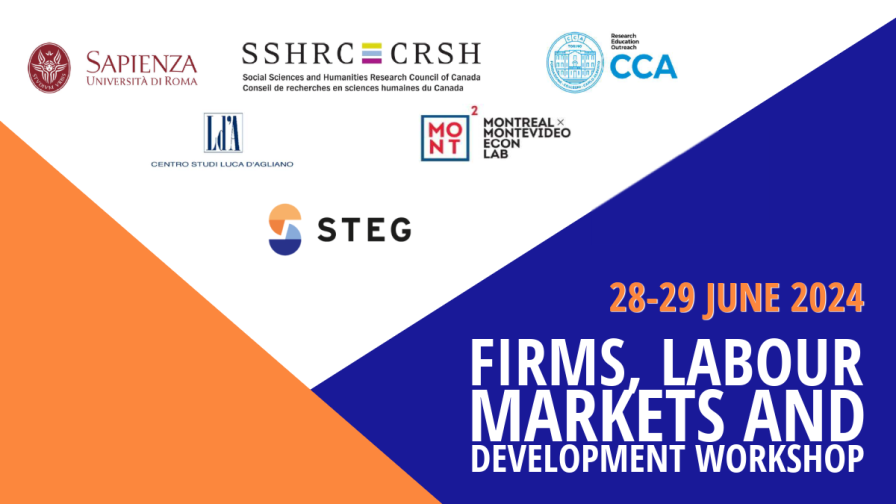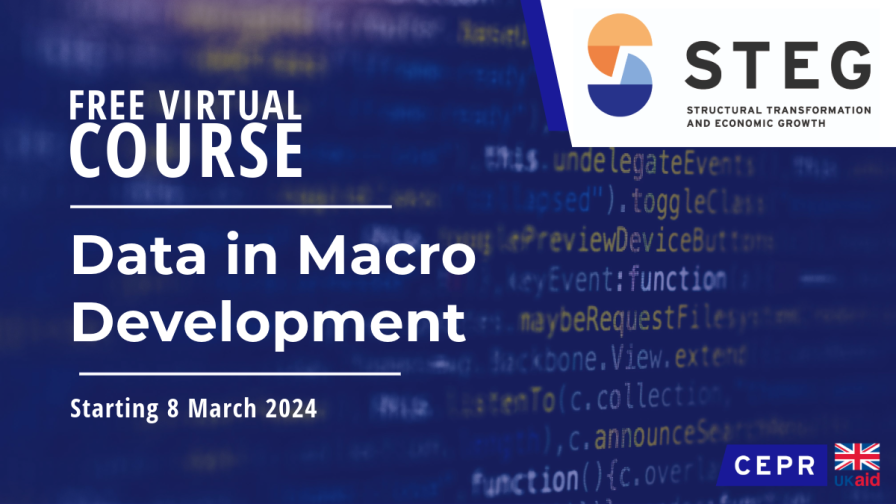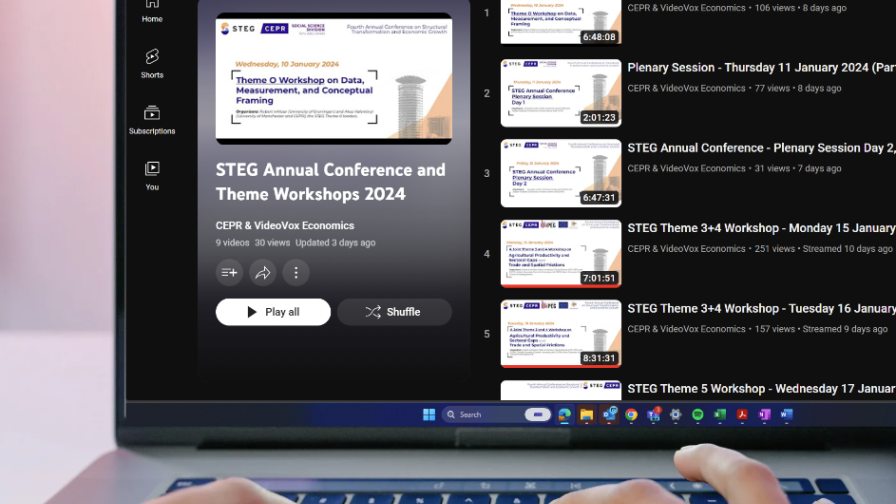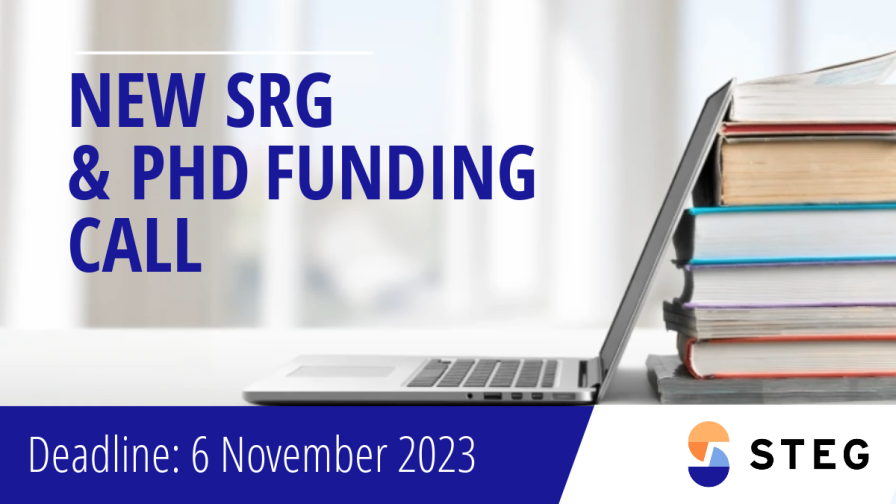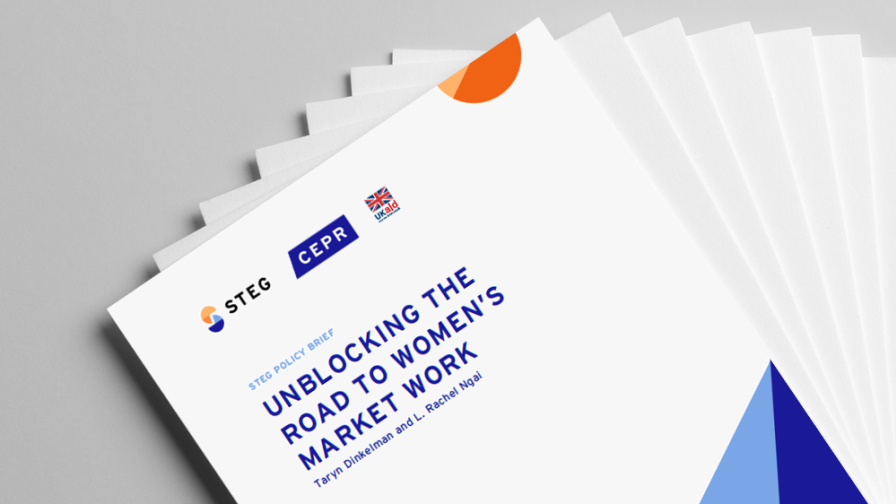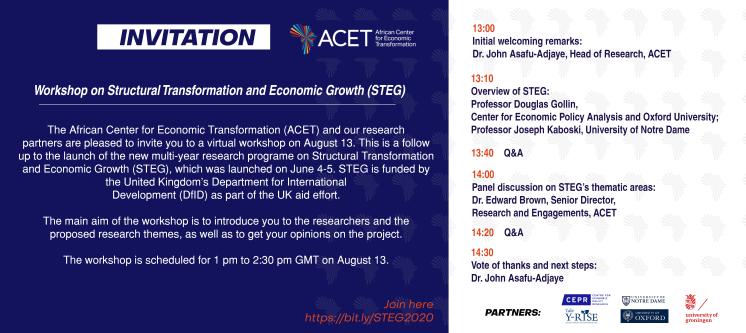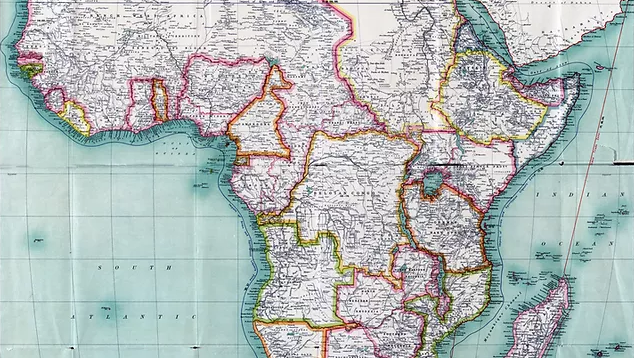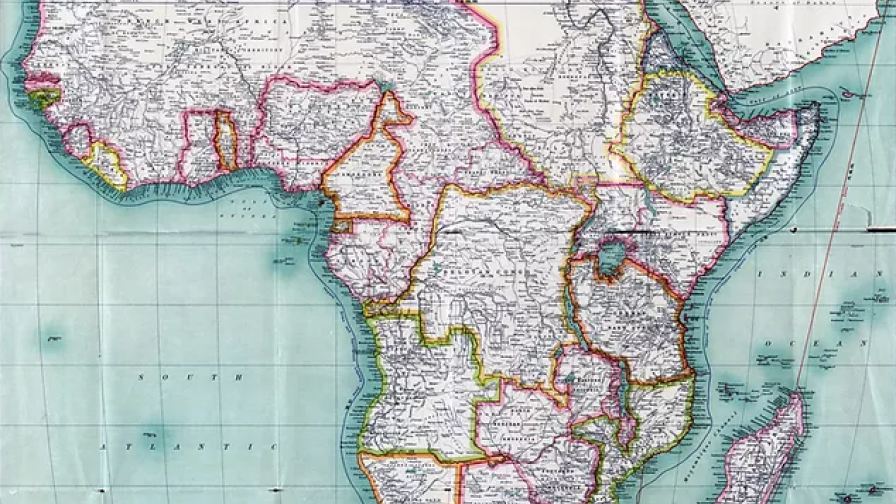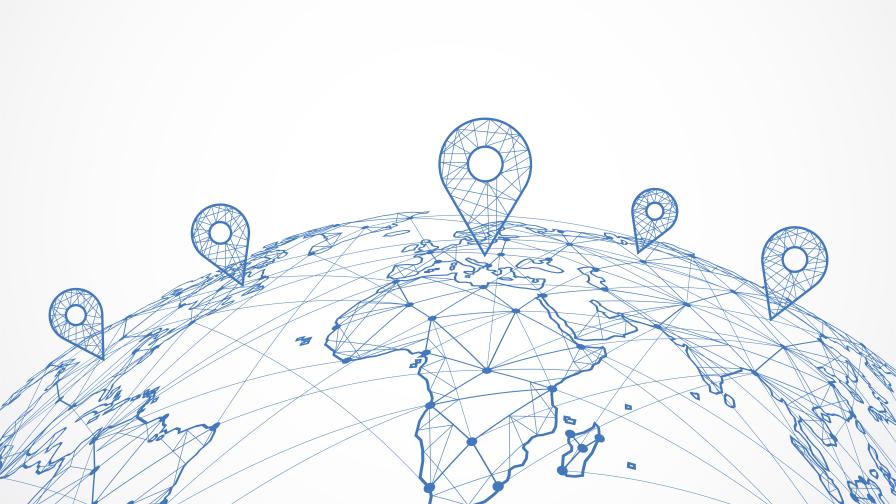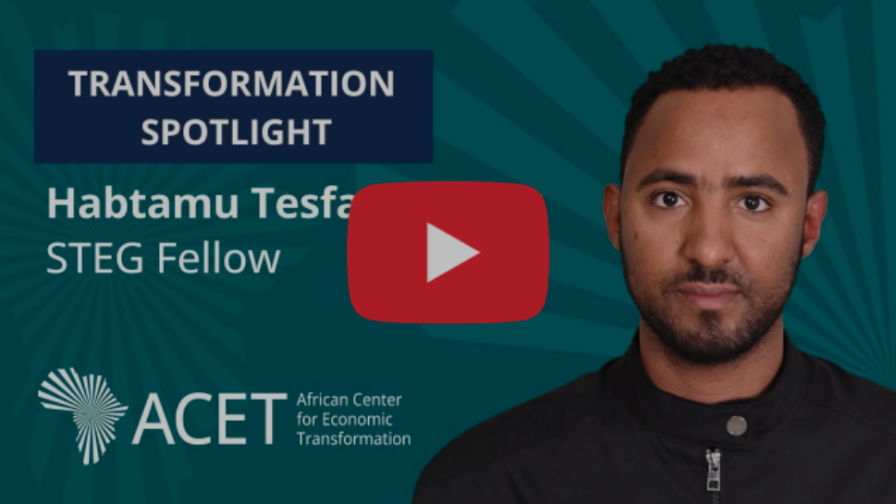STEG is pleased to announce that it has received a grant for expanding research on gender and economic transformation in low- and middle-income countries from the Bill & Melinda Gates Foundation. To further this research, STEG is partnering with the G²LM|LIC Programme. Click here for more information!
Kindly note that the deadline extension only applies to the macro stream which is managed by STEG. The deadline for the micro stream, managed by G²LM|LIC, was on 11th February 2025.
The STEG and the G²LM|LIC Programme are excited to announce that both programmes now invite submissions of Expressions of Interest (EOI) for a joint call for research proposals. The call is motivated by the need for a better understanding of the changing nature of work and women’s involvement in this change, with a particular focus on Ethiopia, Kenya and Nigeria.
Research under this call will add new dimensions to ‘future of work’ conversations by considering gender-specific constraints and opportunities, including around (1) imminent demographic shifts as an opportunity for new job creation in the care sector, rather than just a liability to economies and (2) investment in the production of labour-saving technology and infrastructure as both a means of easing women’s supply side constraints and generating demand-side employment and entrepreneurship opportunities.
Topic areas:
We encourage expressions of interest under a macro or a micro-focused stream. The macro stream will be managed by STEG and the micro-focused stream will be managed by the G²LM|LIC Programme. EOIs and applications must be submitted separately to each programme.
- Macro model: Research on gender and structural transformation. Key focus should be on the macro modelling of legal barriers, social norms, and institutional arrangements (e.g., availability of markets for childcare) that limit women’s labour force participation, earnings and human capital accumulation. Potential broad research areas are in
a. Demographic transitions and the potential for labour mobility
b. Digital technologies
c. Climate impacts and green transition
d. Support to families
This stream is managed by the STEG programme. The details of the available grants and application guidance can be found on this page. - Micro data: The focus should be on the (past) development of jobs and potential movement away from subsistence-level agricultural work and its implications for women’s employment and entrepreneurship using administrative micro data, such as tax records, labour force surveys, or other administrative data. We are especially interested in the following kind of themes, always including a gender lens:
a. Demographic trends, including implications for the care economy and labour migration
b. Jobs impacts of climate adaptation and green economy transitions
c. Advances in digital and communications technology
This stream is managed by the G²LM|LIC Programme and information on the separate EOI and application process can be found on the G²LM|LIC website.
Country Criteria:
Please note that an important criterion for funding of proposals is the relevance to understanding the topics areas in Ethiopia, Kenya, or Nigeria. Projects with a particular focus on these countries will be prioritised. Proposals for projects outside these focus countries should make a clear case for the relevance of the research to policy in lower-income countries, and also justify why the research is feasible only in non-target countries.
Grant Set-up:
The grants available under the macro stream being managed by CEPR have a budget limit of $25,000 USD. Grants will typically range between $10,000 and $25,000. These grants can fund research assistance, travel costs, and (if necessary) teaching buyouts for the principal investigator.
Successful proposals which include, in addition to the expected academic working papers, a background/synthesis paper on Ethiopia, Kenya, or Nigeria will be awarded an additional $5,000 to $10,000 (for details see Research Backgrounders under “Expected Output” below).
Projects typically run for 12 months. Please note that contracts should be signed within one month of the outcome notification, which is also the expected start date for the projects. For further information on STEG’s standard Small Research Grants, please consult the FAQs.
Deadline:
This grant call has a two-stage process. In the first stage, we invite expressions of interest (EOIs). Successful proposals will be invited to submit a full proposal with a budget in the second stage.
The EOI for the macro stream should be in the form of a two-page Extended Abstract plus references and must be submitted before a formal application. The EOI should clarify:
- how the project will benefit our understanding of the above key issues women are facing in LICs;
- highlight the relevance of the research for Ethiopia, Kenya, or Nigeria;
- clarify the expected output from the project (working paper, policy brief and/or backgrounder);
- provide an estimated total budget.
EOIs should be submitted by 23:59 GMT, 18 February 2025 to [email protected]. We will not be able to consider EOIs received after the deadline. Please note that substantive feedback will not be provided at the EOI stage, prospective applicants will only receive an indication of whether they can submit a full proposal. If invited to submit a proposal following a review of the EOI, full applications should be submitted by 23:59 GMT, 18 March 2025. More information on how to apply as well as access to the online application form are available here.
